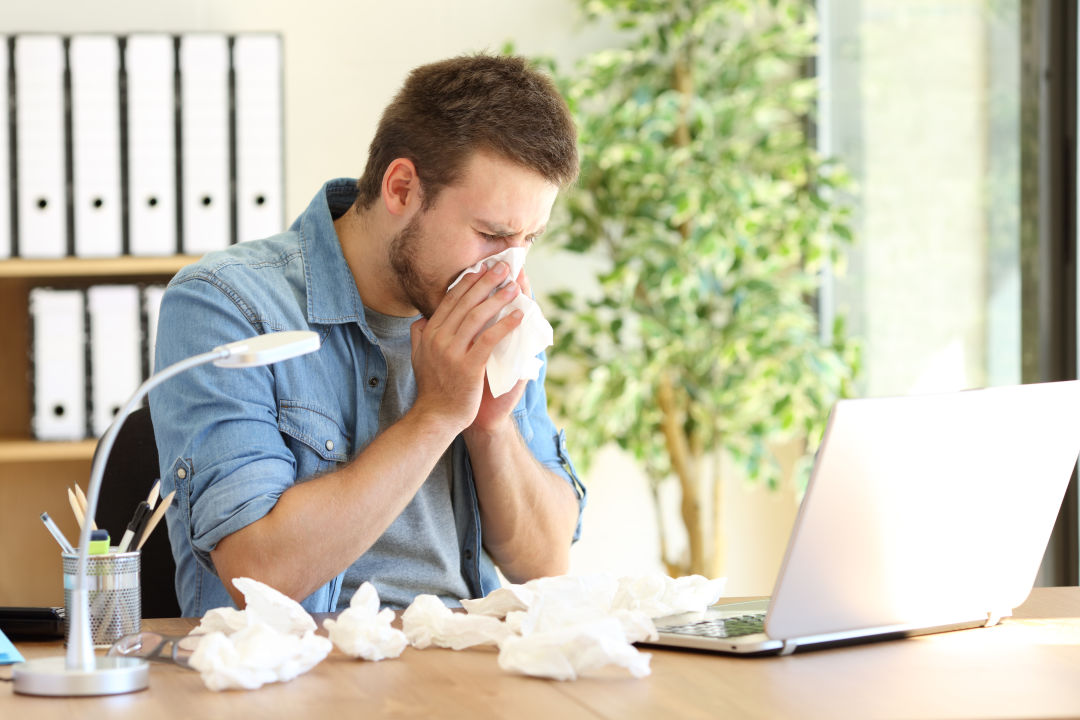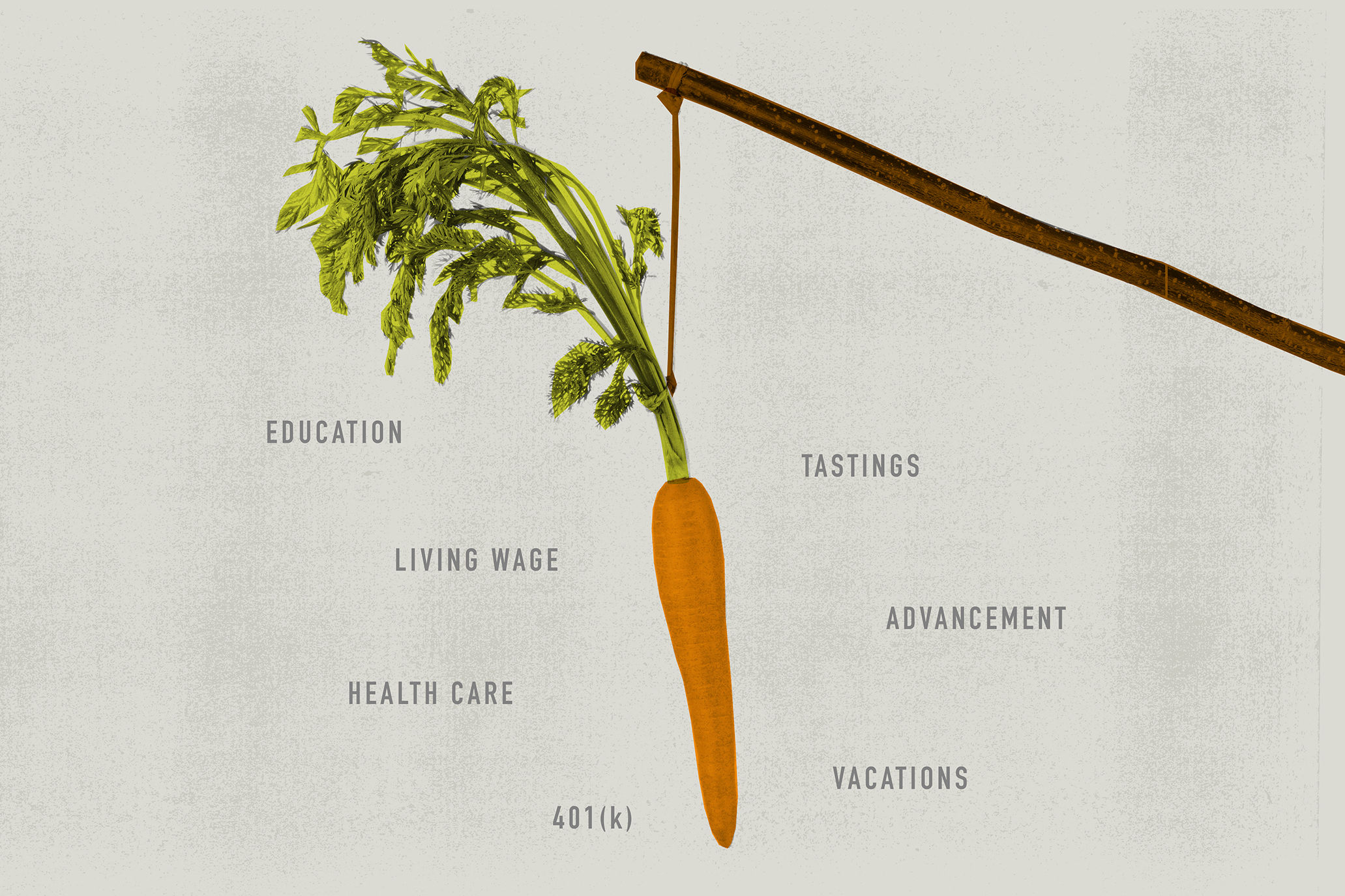Everything You Need to Know About Spring Allergies

Spring allergies are arriving. Here's how to prepare.
Image: Shutterstock/Antonio Guillem
As the city begins to heat up it means outdoor dining and festivities for some Houstonians, while others will be facing itchy eyes and runny noses from pollen. The lead up to spring also happens to be the start of a long and irritating season. But, sinus specialist, Dr. Masayoshi Takashima of Houston Methodist has some advice to combat allergy season.
With climate change aiding in warmer temperatures and higher atmospheric carbon dioxide levels, allergy season in Texas is more intense than before. “Here in Houston, with mold around us and with the high humidity levels, that's a pretty strong trigger for allergies and sinus infections,” Takashima tells Houstonia.
In Houston, according to health experts, tree pollen hypersensitivity usually begins around January and extends to September. There's an additional, but brief, appearance of grasses and molds starting in March through July.
Takashima says spring months are usually the toughest for his patients. Just before the season, during February, Houston’s pollen rate ranges between moderate and very low stages depending on current weather conditions, but will greatly increase towards very high beginning in March.
Pollen is a very fine powdery substance formed on the stamen, the male reproductive part of a flower. The particles travel through the air, fertilizing other plants, such as trees, grass, and weeds. While it’s critical for vegetation, pollen can irritate the nose, starting an influx of mucus as the body attempts to flush away the substance.
According to Takashima, one of the first ways to prepare for Houston’s allergy season is through testing by a doctor to properly distinguish which type of pollen is causing inflammation. If you’ve been diagnosed with allergic rhinitis ( the official term for seasonal allergies), Takashima recommends first-line therapy in which a doctor uses medicated nasal spray to pretreat early symptoms, through a series of treatments.
Takashima says he usually starts his allergy-prone patients on medication. “Once that season starts trailing off, we'll get those patients off of those allergy medications,” he explains.
While there are other ways to combat allergies, such as taking an over-the-counter drug like Claritin or Zyrtec, it’s important to note that your allergies aren’t being treated by these pills, but rather providing temporary relief.
For those with moderate allergies, Takashima highly recommends a sinus rinse to help cleanse the airways. A simple at-home process requires a $7 to $18 kit, in which a packet of salt is poured inside an eight-ounce bottle of distilled water, shaken well, and then squeezed inside the nostrils using a bulb syringe. This can be done over a sink, or in the shower. The kits are available from Walgreens or CVS.
Although there isn’t a permanent cure for seasonal allergies, you don’t have to just rely on medicines to help deal with those irritating symptoms. “My philosophy,” adds Takashima, “If we can get you off medicines, the quicker the better.”
Disclaimer: The advice given in this article is for general information purposes only. It is not a substitute for the professional medical advice of your physician.




